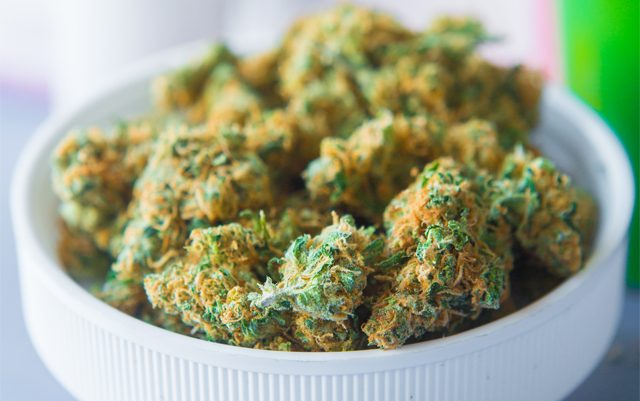About a month ago, Pennsylvania added anxiety to the list of qualifying conditions for medical cannabis. Since then, about 3,000 patients have gotten their medical cards and are now using medical cannabis to treat their anxiety disorders. This information is according to a report from the Pennsylvania Capital-Star, who cited John Collins, the director of the Office of Medical Marijuana.
Collins made this announcement, among others, at this week’s meeting of the state’s Medical Marijuana Advisory Board. Collins also announced that – within the first week of anxiety being added to the list of qualifying conditions – over 200 patients in the Keystone State were certified to receive medical cannabis to treat their disorders.
Pennsylvania State Health Secretary Dr. Rachel Levine announced last month that the state’s medical cannabis program would expand to include anxiety. According to the report from the Pennsylvania Capital-Star, since July 21st, the number of medical cannabis patients covered to treat their anxiety has been growing by about 1,000 per week.
The medical cannabis program in Pennsylvania is currently a $200 million dollar market, and that figure should only continue to increase as we see more expansions like this one. The state’s program began on February 15, 2018, and has now grown to include 180,000 registered patients and 20,000 licensed caregivers. Of those registered patients, about 121,000 of them actively purchase cannabis products.
This swift action in expanding the state’s medical cannabis program comes as a bit of a pleasant surprise, because it can often take much longer than it has to implement such an expansion. We reported back in December how the state’s department of health was considering expanding its list of qualifying conditions, which it did in a little over 6 months.
During the meetings for the expansion considerations, officials openly admitted that “Pennsylvanians have been using marijuana illicitly for years to treat a wide variety of conditions not on the state list.”
It was refreshing for cannabis advocates in the Keystone state to hear this sort of honesty from state officials last winter, and it is good to see the rapid expansion of the program now. Hopefully, the expansion of the program continues to include some of the other conditions that were mentioned last December.






